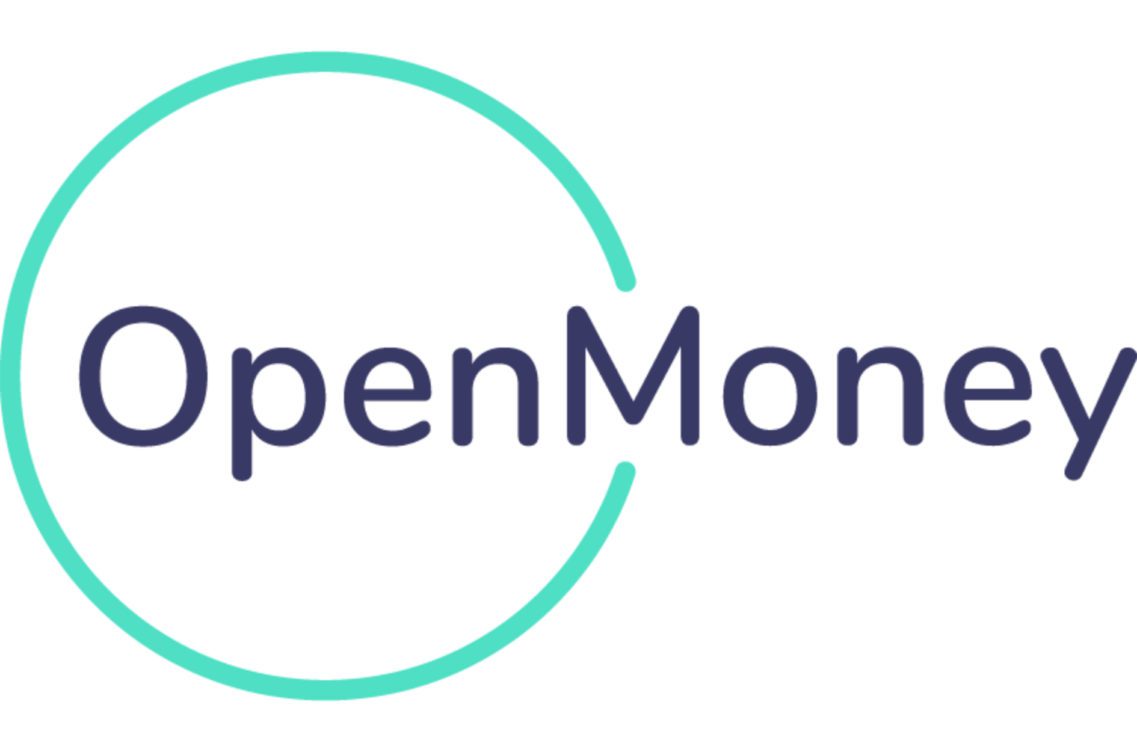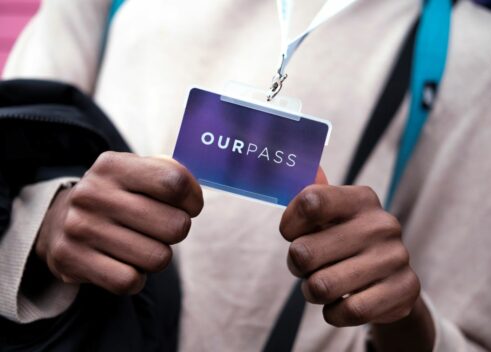Saving money isn’t always as easy as we like to think. Whether you’re going out with friends, or buying new clothes, it can all quickly add up if you’re not careful. We’ve pulled together some tips to help you along the way, so you can start putting money back in your pocket.
Budgeting
The best starting point is to set a budget for yourself. This can be a really satisfying thing to do and there are plenty of resources out there to help you do it! Including our very own OpenMoney app which makes budgeting fun (at least as fun as it can be!!) and easy to do. You can track your spending across 10 categories including rent, bills, transport, savings, food and more. Our app automatically categorises your spends, so that you don’t have to, and shows you have how much you’ve spent on each category per month, making budgeting dead easy.
Download the app on iOS or Android here.
You can also create a budget plan on a piece of paper! If you prefer this method, it’s best to follow these steps:
1. Work out your monthly income – start by finding out how much money you have coming in every month. This could be anything from birthday money to student loans or your wage. Your pay slip will tell you how much you’re earning, but remember you’ll have to subtract things like taxes and national insurance from your monthly salary. If you get stuck with this, ask someone who might know, or try a wage calculator (you can find these online) to give you an idea.
2. Track your spending – It’s helpful to keep track of and categorise your spending so you know where your biggest spends are and where you can make adjustments. Begin by listing all your fixed expenses. These are things you’re committed to (like rent or bills). It’s important that your monthly salary can cover these costs before you look to buy other things. It’s unlikely you’ll be able to cut back here, but knowing how much of your monthly salary they take up can be helpful.
3. List all your variable expenses – These are payments that may change from month to month, like buying clothes, eating out or going to the cinema. This is where you might be able to cut back. If you can’t be bothered to write it all out, then the OpenMoney app is a great place to start as it categorises your monthly spends for you so you can keep a track.
4. Set your goals – Before you start looking through your spends, it’s good to set a few goals for what you want to achieve with your money. Your goals don’t have to be set in stone, but it helps if you can work out what you want before you start planning your budget. For example, you might want to cut back on spending money on clothes in the short term, so you can save for a car you want, or a holiday with your mates!
5. Make a plan – You should now have a good idea of how much you’ll be spending over the next few months. With your fixed expenses, you can predict how much you’ll have to set aside for things like rent and bills. Then use your past spending habits as a guide when trying to predict and budget for your variable expenses.
6. Adjust your habits – Once you’ve done all this, you have all the info you need for your budget. Having tracked both your income and spending, you can start to see where you have money left over or where you can cut back, so that you have money to put toward your goals.
If the numbers aren’t quite adding up, you can look at adjusting your fixed expenses. When doing this it’s best to think what do I actually ‘need’? Rather than what do I ‘want’. Just make sure to carefully weigh up your options before paying for anything and work out if going without it will help you achieve your financial goals.
7. Keep checking in – It’s important that you review your budget regularly to make sure you’re staying on track. If anything changes in your life (like you get a pay rise at work, or your phone bill increases) then it’s worth looking back and reviewing your budget. If you reach your goal then you can congratulate yourself and plan for a new one! Whatever the reason, keep checking in with your budget following the steps above.
Keeping one eye on the future. Now you’ve cracked budgeting it’s good to start thinking about the future and where you can put any extra money you have saved up.





